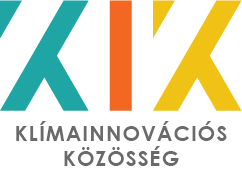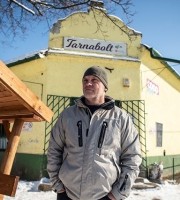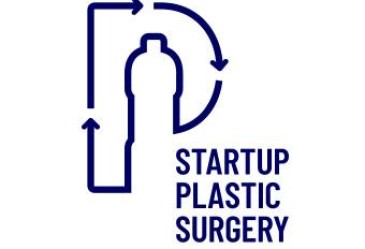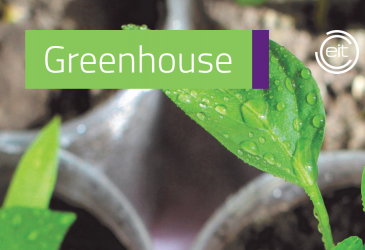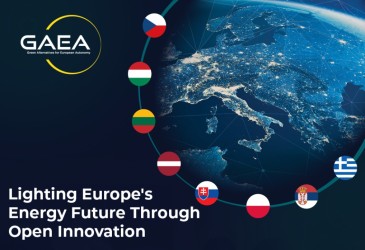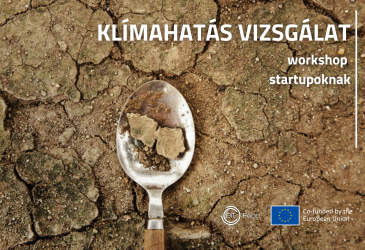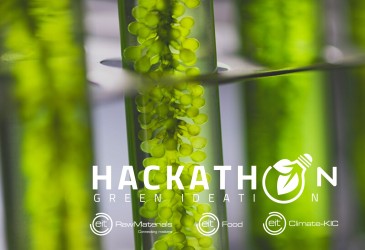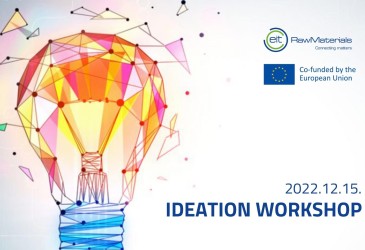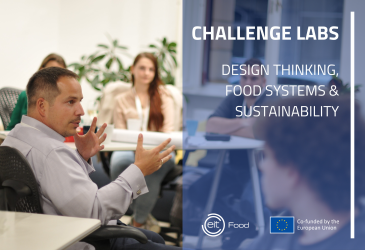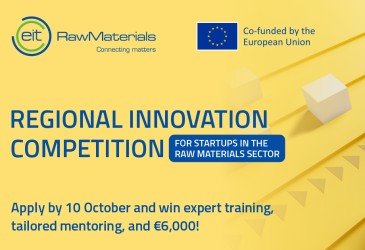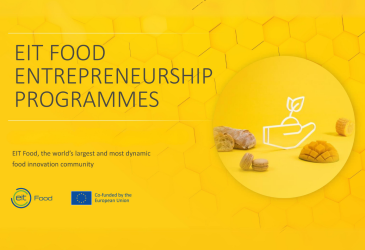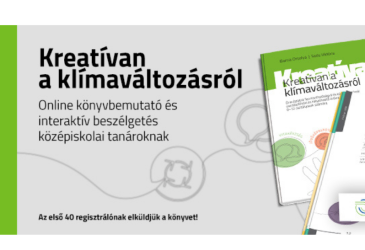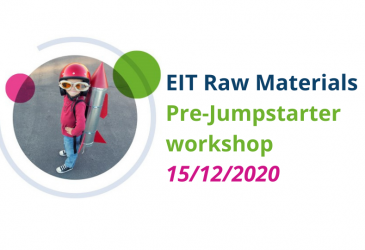
Kiss Tamásnak hívnak és 2015-ben vettem részt a Climate-KIC Pioneers into Practice programjában. Üzleti képességekből már korábban magas szintű jártasságot szereztem - például egy németországi MBA program keretében - így elsősorban a "Transition Thinking", mint szemléletmód jelentette az újdonságot számomra a programban. A hagyományos üzleti felfogástól eltérően, itt sokkal nagyobb szerepet kap az előidézett társadalmi hatások, azaz a teljes gazdasági életciklus vizsgálata. Tekintettel arra, hogy agrár végzettséggel is rendelkezem, elsősorban a fenntartható mezőgazdálkodás, a "food miles" témakörei érdekelnek, továbbá a biológiai lebonthatóság és a megújuló energiaforrások hasznosítása. Úgy gondolom, hogy a Mesterséges Intelligencia (AI) nemsokára valós kihívás elé fogja állítani a digitális gazdaságból élőket, így az olyan "alulértékelt szakmák", mint a mezőgazdaság, újra prioritássá válhatnak.
Ennek megfelelően, a program során, egy vegyipari-agrármultinál gyakornokoskodtam, illetve egy egyetemi alternatív energia projektben is részt vehettem Angliában. Magánemberként szintén hasonló fenntarthatósági projekteket próbálok előre mozdítani, ötletgazdaként és projekttagként egyaránt.
Az alábbiakban a hazai placementem témájának összefoglalóját olvashatjátok.
Greenhouse-gas emission reducing agro-products and their role in modern agriculture - Novel advance in an organization with the help of a new type product
It is indisputable that agriculture (green-plants) has a huge emission reducing potential. But it also causes a significant carbon footprint and impact on climate change at the same time. Since population of the planet is constantly growing, there is an increasing need for more efficient agriculture techniques!
Dow AgroSciences is one of the biggest agro-chemical companies which promote intense agriculture and GMO. Therefore in spite of its size and market-capitalization it has to deal with a headwind from the general public side who want to drive back GMO in the favour of organic and bio-farming.
My task was to show how intense agriculture can fight off climate change and how intense and organic farming techniques can complement each-other.
There is “hype” for organic cultures, but a lot of important factors are not being told.
For a more complete picture I also requested data from the Hungarian Ministry of Agriculture about the domestic trends and possibilities whether is a further potential for fertilization and agro-chemicals in the Hungarian soil.
The desktop research which I have conducted at Dow had a main focus on a relatively new product of the company - the N-Lock nitrogen stabilizer - and the effects of nitrification inhibitors. The research will also endeavour to see the new perspectives from an economic point of view.
Now let’s see how this “thing” works!
N-Lock helps to keep nitrogen in the ammonium form (NH4+) for a longer period of time by inhibiting the bacteria that convert ammonium to nitrite (NO2–). Thus
N-Lock keeps more nitrogen longer in the rooting zone, which means that crops can optimize their yield potential.
Please see the following video link for a short preview.
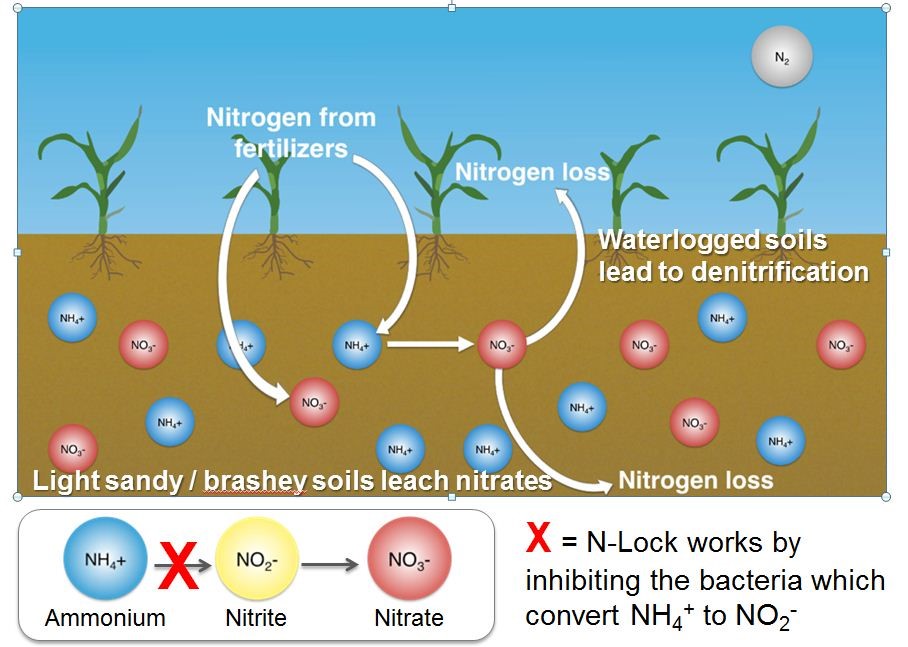
Source: http://uk.dowagro.com/products/n-lock/
However, increased yield potential is good, but not everything. What is the case with the long-term effects?
N-Lock has a significant greenhouse gas emission reduction potential, particularly concerning to dinitrogen-oxide (N2O) which is a 300 times stronger greenhouse gas than carbon-dioxide!
I know it is somehow a chicken and egg problem – if agro-chemicals were responsible for the agricultural-emission do we really need new reagents to offset those effects which caused earlier – but note that: according to my findings a 35% decrease of NO and N2O emission reduction can be expected by using N-Lock.
Please also take a look to the domestic (Hungarian) “Nitrogen map”:
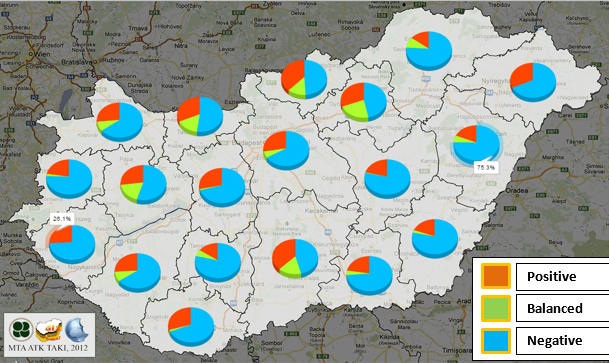
The figure is showing the Nitrogen balance of Hungary based on the data of the Hungarian Ministry of Agriculture, 2012.
Due to above, I concluded that at this point large areas of Hungary still have a low level of nitrogen which makes using nitrogen stabilizers more acceptable.
The use of N-Lock is recommended especially in those cultures where
a significant consumption of nitrogen is. These are: corn, rape and grain plantations. In addition: a 7-14% average yield increase is expected with this treatment in the above mentioned three different cultures based on a 3-6 months testing – according to Hungarian test results.
In spite of that – in my opinion – it may be more desirable in the future to concentrate on the results achieved in the climate change prevention, because it is an important strategic direction of the EU and Nitrapiryn based chemicals looks “unbeatable” so far in this area.
Once more, just to emphasize the results: from the published data [Akiyama et al. (2010.) and some more recent findings from 2010 to 2013: 140 data sets in total]
a reduction potential of approx. 35% seems to be realistic!
It is also proved that from the emission aspect maize/corn plants are the biggest “pollutants” (For more details, see the summary of my study.). Thus if we want to emphasize the positive climate impact of nitrogen inhibitors it would be useful to concentrate on the findings obtained by this type of cultivation areas.
Regarding the GMO issue I do not think that it is a reversible process. The challenge now is rather to find the exact using areas of GMO. This is the real question and not the GMO vs. non GMO issue.
I also learnt a lot about bacteria in the soil and the inhibition mechanisms.
I believe that understanding the exact functions of different microbes is a key for the future application of inhibitors and also for a sustainable agriculture.
To sum up, I think even a chemical company – such as Dow AgroSciences – can be “eco-friendly”. Thus rethinking the ownership-structure/business model would result a more sustainable situation than the complete ban of these product.
I hope the study I had carried out during my domestic placement will contribute to more informed decision-making processes and provides significant support to the further advancements of N-Lock on the market.
